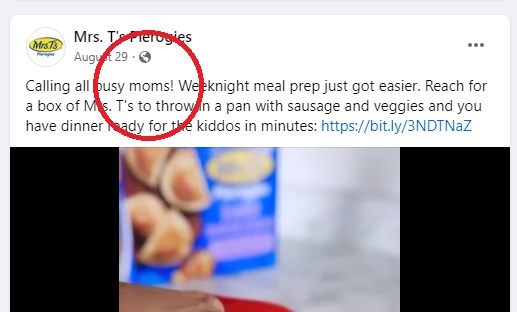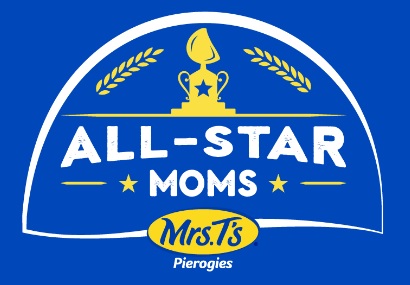Back in the spring – March 7 to be exact – National Cereal Day was celebrated from sea to shining sea.
OK, that’s exaggerating. Our entire nation didn’t honor it. It was largely done so by Twitter users. And it’s not really National Cereal Day, it’s more like #NationalCerealDay.
These aren’t real holidays – they’re hollowdays – they’re empty, there’s not much to them. They’re days often set up by marketers to help sell industries or products, and they’re primarily celebrated only on social media. If your workplace, school, or home isn’t really celebrating and you’re spending more time tweeting about it than actually observing it, then it’s a hollowday.
Still, they serve a purpose and can be a lot of fun on social media. We sometimes join in the fun ourselves. And while this obscure cereal occasion was celebrated, we noticed a disturbing trend: dads advertising for companies like General Mills and Kellogg’s, companies who have a regular history of ignoring fathers through slogans, general marketing and even on cereal boxes.
So why would dads plug a company that doesn’t place value in them?
Who’s an influencer?
Influencer marketing can be powerful and it certainly has its place. We all know how it works: companies identify individual “influential” people – rather than a certain market – and intentionally use those people by controlling the content of their blog stories, testimonials, social media posts and photos.
These companies are asking those people to purposely write about a brand in order to exert influence over possible buyers. Along the way those influencers gain income, kickbacks and plenty of attention – that is, adulation in the form of likes/follows. It’s true that all of it can result in an inflated ego, but welcome to the world of influencers.
Is influencing always what it seems?
At the same time, influencer marketing can also offer deceit. It’s common practice for influencers (though, not all) to buy followers that represent bots to make profiles appear more impressive. Most people don’t buy it, but interestingly, a lot of companies overlook it all in the name of numbers.
Some influencers have real followers and they worked hard to gain every one of them. So, it’s easy to see that dad bloggers have sway more than ever before, but with great power comes great responsibility.
If dads want to be recognized as fully competent parents and equal to their parental counterparts in the world of influencing, spending, retail and commerce, know this: they’re contributing to the problem.
Dads can’t be supporting dad-unfriendly companies in the name of freebies, likes, media attention, more followers, or even in the name of fun. That’s called selling out.
If you’re a dad helping to promote, say, General Mills, have you thought about what you’re helping to endorse? Some of its brands, for example, continue to ignore and discount you with exclusionary messages and slogans stamped on the front of every box.
So when you plug these companies, you’re offering a stamp of approval to what they do – and that’s wrong.
Self-respect is key
If men truly want to be valued as prime influencers and be treated equally everywhere they go online and in person — schools, doctor offices and even by the children in their own homes — it’s time to speak up and take a stand.
All of those goodies, swag and likes aren’t worth it if they’re feeding the monster. Those companies who disregard fatherhood will continue to get away with exclusion and won’t value true purchasing and parental power if influencers give in.
Being an influencer carries weight, and if dads really want to influence someone, stand up and speak out. Tell them that not all parents are moms. Tell them that you matter as a parent and a customer. Hollowdays aren’t worth it.









 “Kix is excited to announce that we have updated our slogan to ‘Kid-Tested. Parent-Approved,’” said Mike Siemienas, General Mills spokesperson. “This new slogan is more inclusive as the word ‘parent’ applies to the individuals raising children.”
“Kix is excited to announce that we have updated our slogan to ‘Kid-Tested. Parent-Approved,’” said Mike Siemienas, General Mills spokesperson. “This new slogan is more inclusive as the word ‘parent’ applies to the individuals raising children.”







